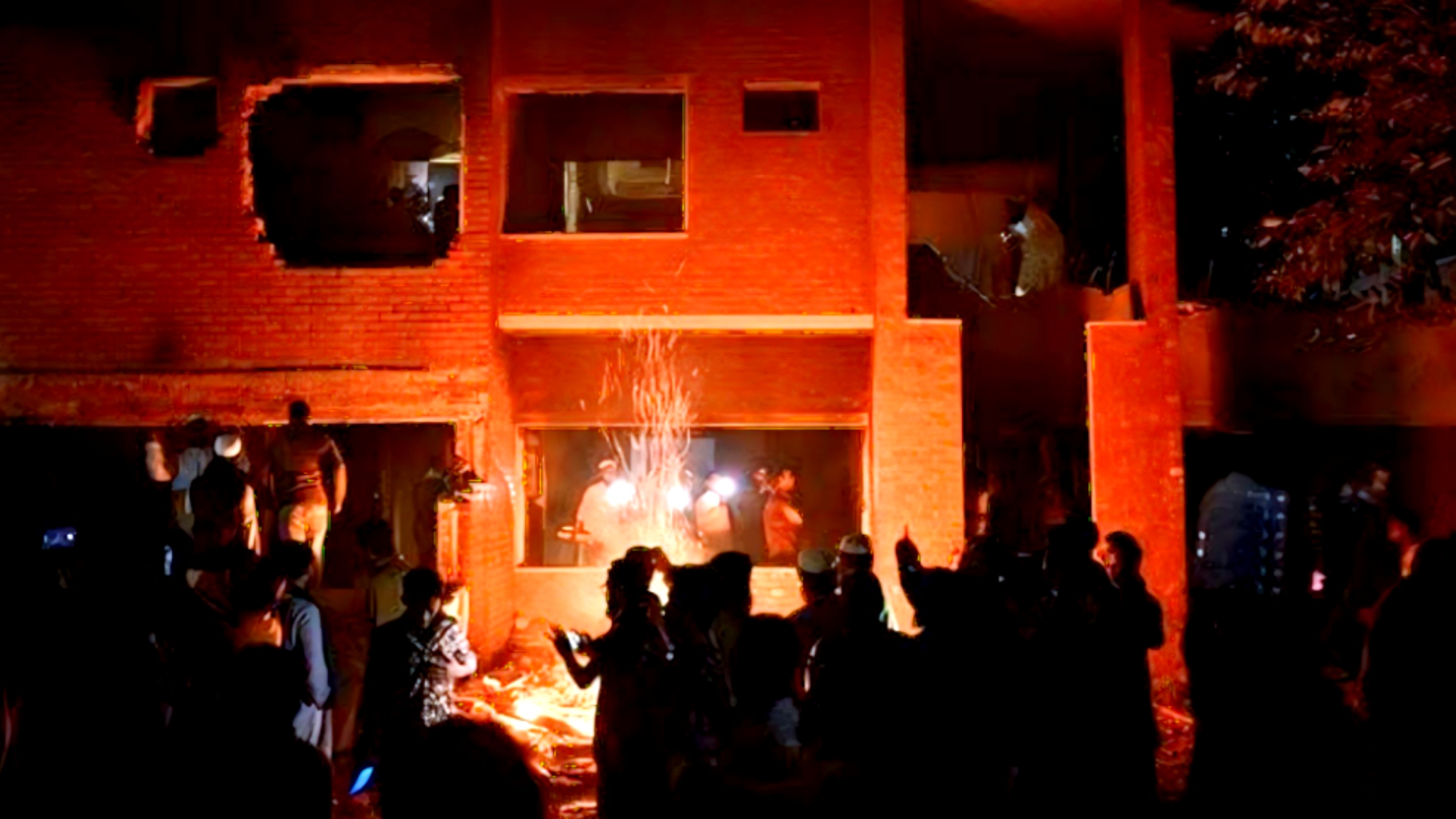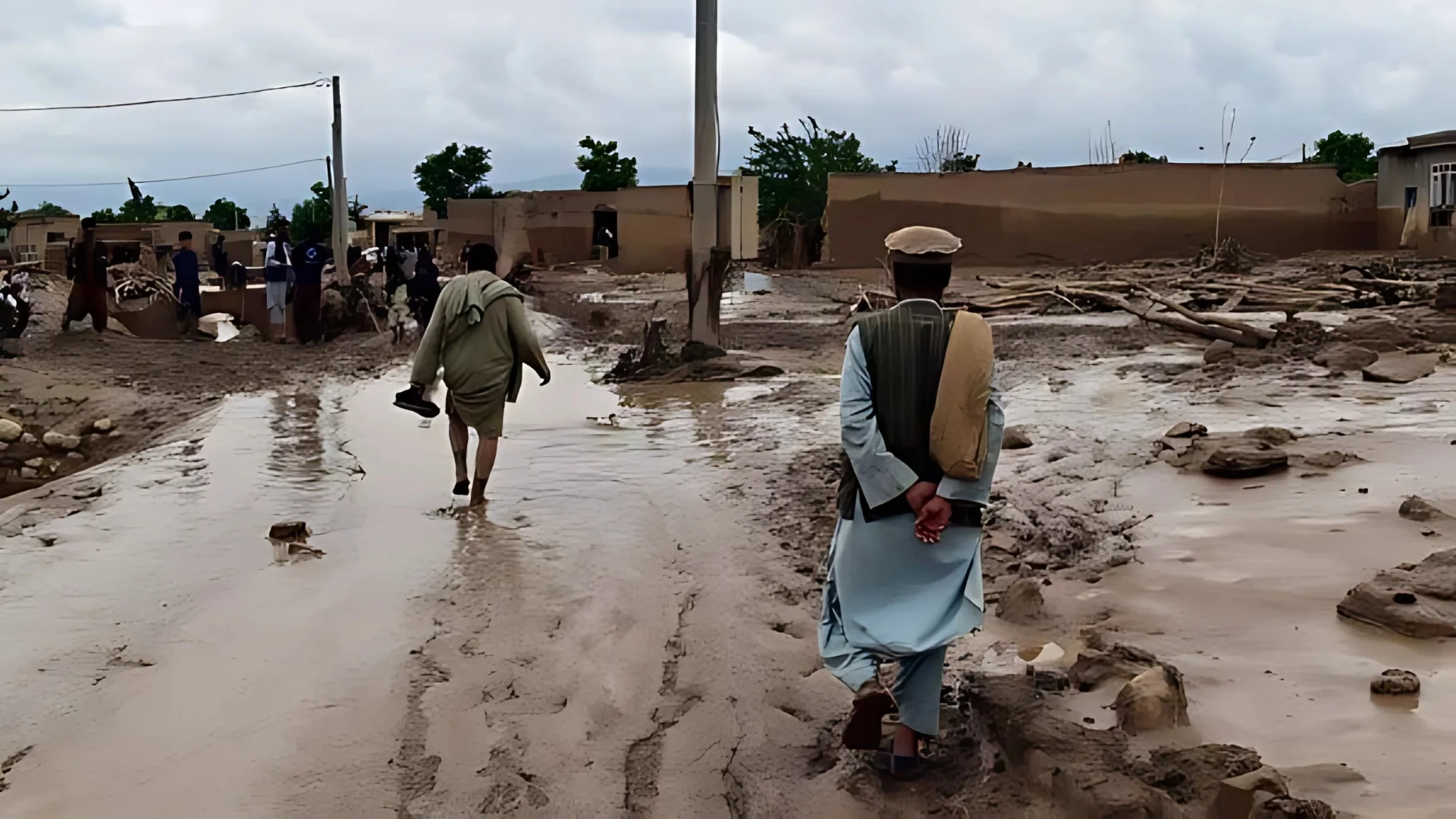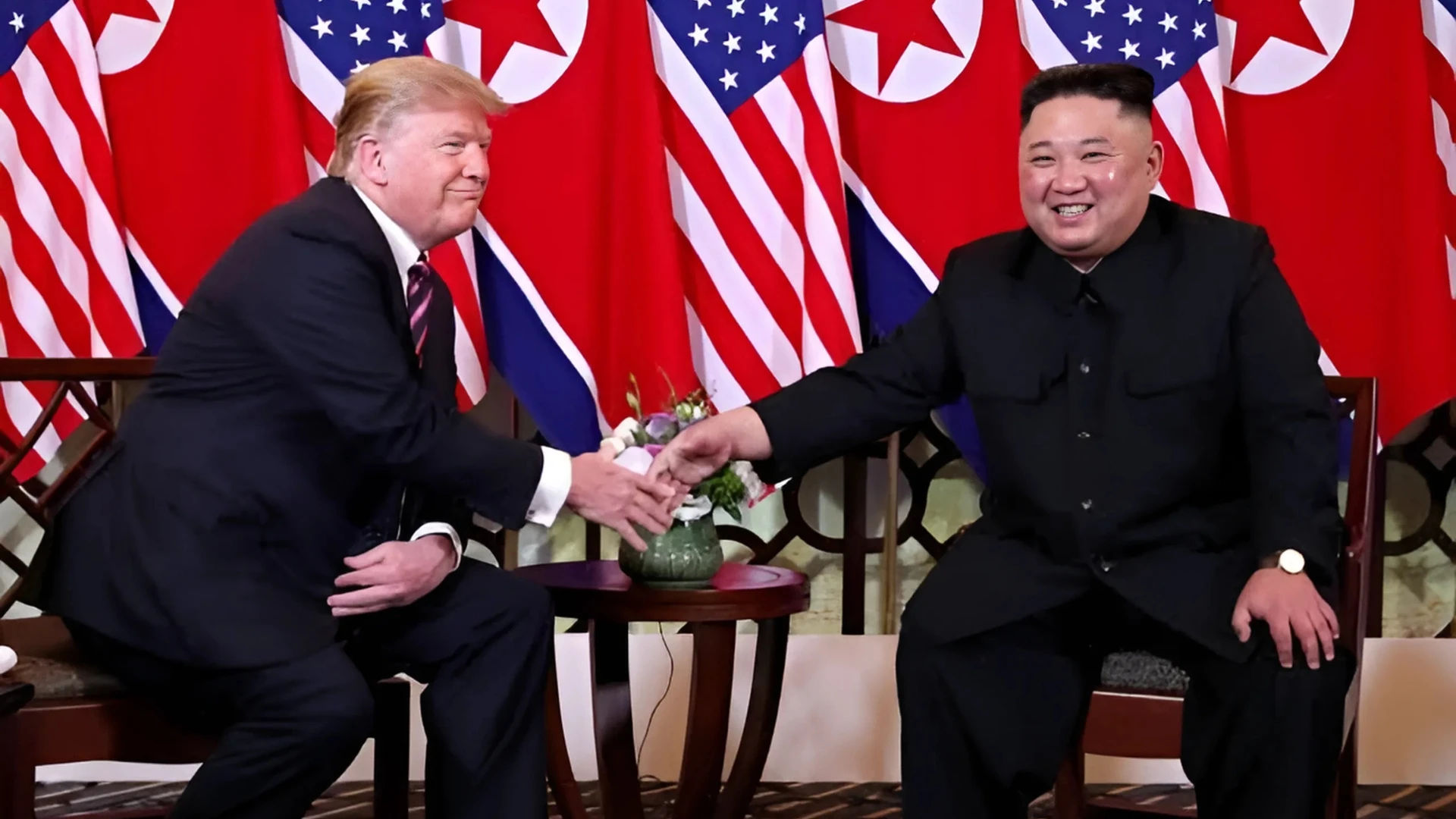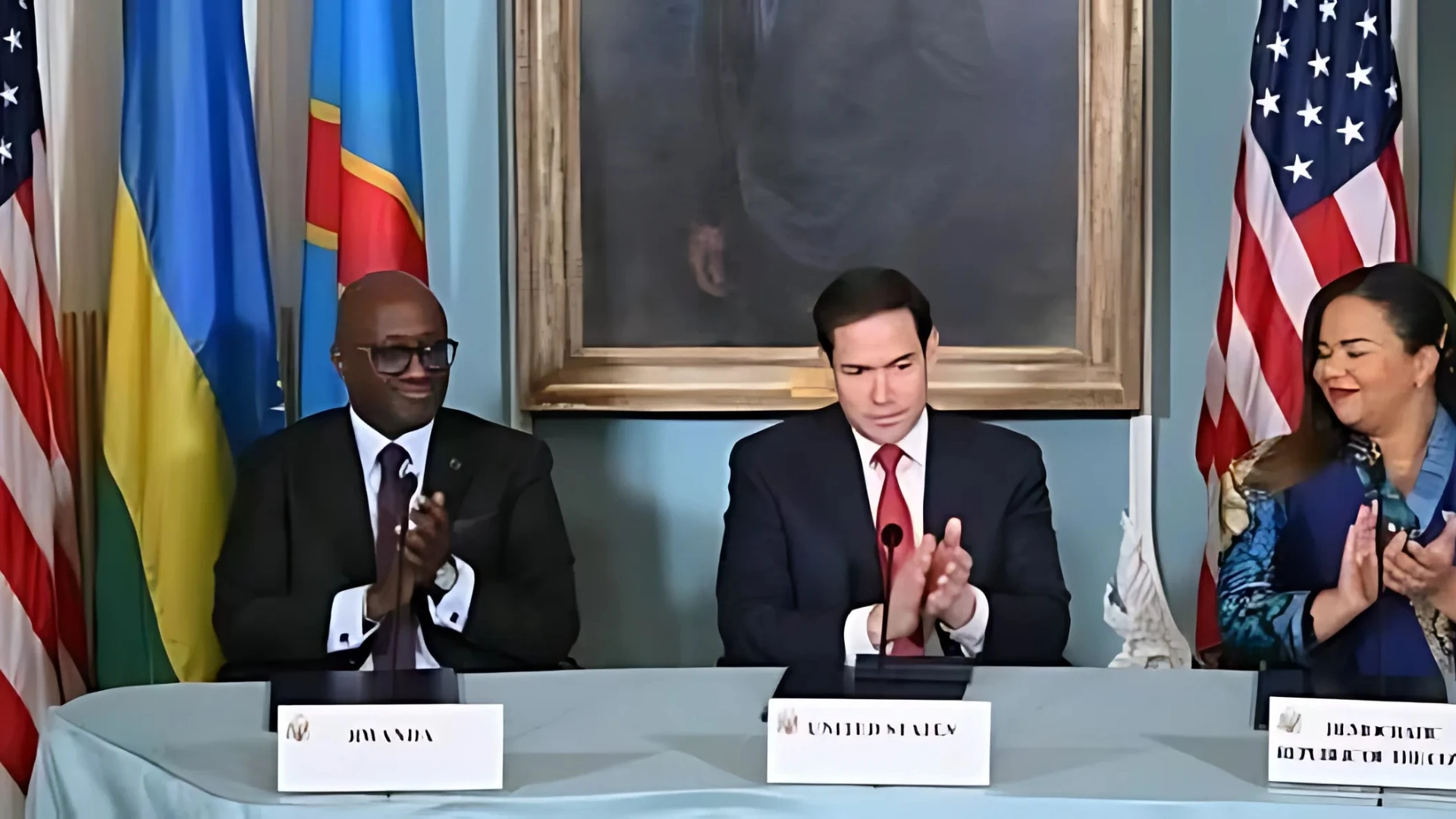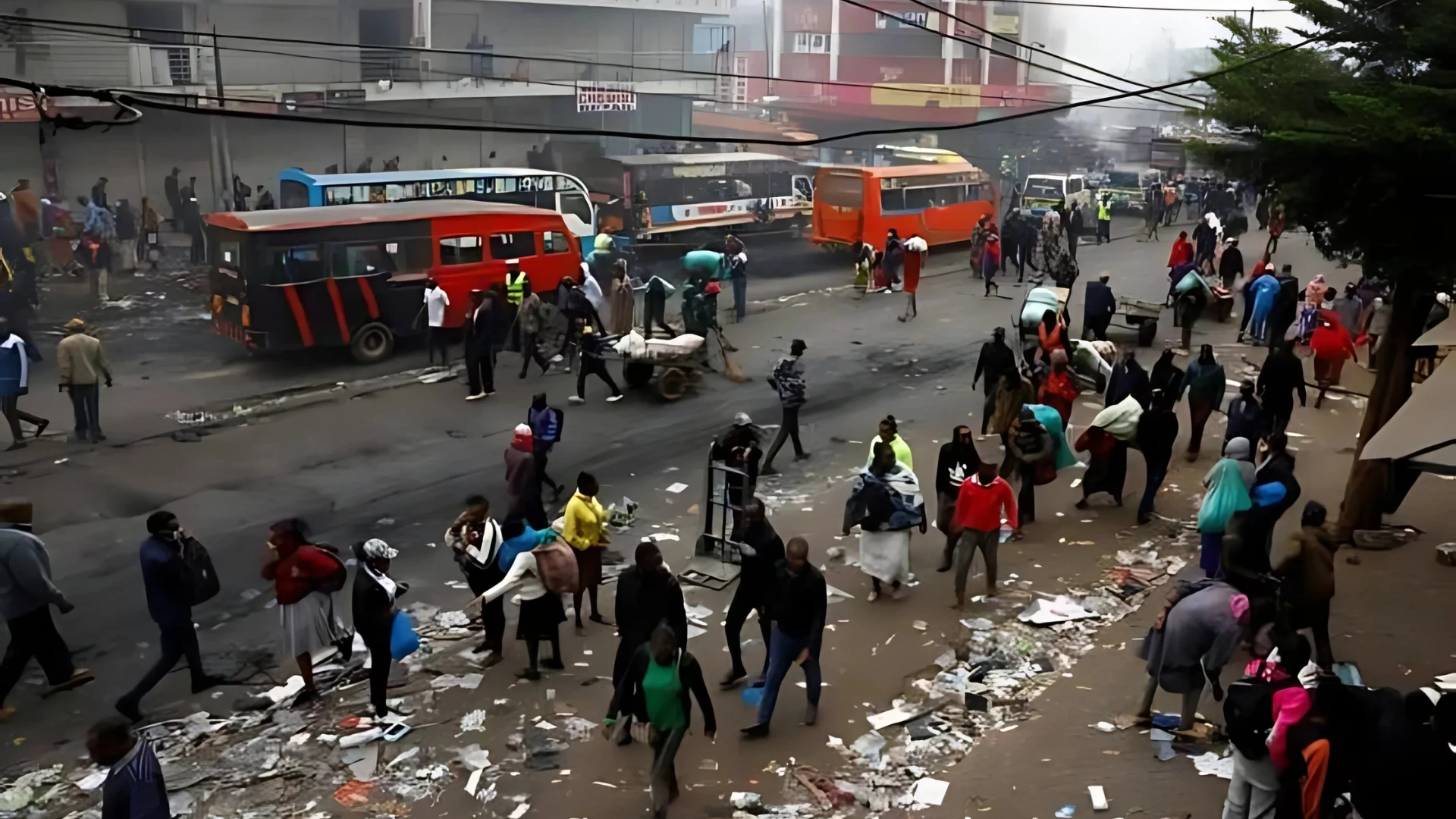DHAKA: Thousands of demonstrators torched the residence of Bangladesh’s founding father, Sheikh Mujibur Rahman, as unrest continues to grip the nation.
The attack coincided with a defiant online speech by his daughter, ousted former Prime Minister Sheikh Hasina, who urged her supporters to resist the interim government.
Eyewitnesses reported that a large crowd, some wielding sticks, hammers, and other tools, gathered around the historic site and an independence monument. Protesters also used heavy machinery, including an excavator and crane, in an apparent attempt to demolish the building.
The demonstration was part of a larger movement dubbed the “Bulldozer Procession”, timed to disrupt Hasina’s scheduled online address on Wednesday night. Many of the demonstrators were affiliated with the activist group “Students Against Discrimination”, who viewed her speech as a direct provocation against the newly established interim government.
Since August 2024, Bangladesh has been engulfed in escalating protests following Hasina’s forced exile to India. The interim administration, led by Nobel laureate Muhammad Yunus, has struggled to contain the widespread unrest. Symbols associated with Hasina’s rule have been targeted, including Sheikh Mujibur Rahman’s historic residence, which was first set on fire in August.
The house, a significant national landmark, played a key role in Bangladesh’s independence movement. It was here that Mujibur Rahman declared the nation’s sovereignty from Pakistan in 1971. Just a few years later, in 1975, he and most of his family were assassinated at the same location. Hasina, one of the few survivors, later converted the residence into a museum honoring her father’s legacy.
Reacting to the attack, Hasina declared, “They can destroy a building, but not history. History will take its revenge.” She accused the interim government of seizing power unconstitutionally and called on citizens to stand against their rule.
Meanwhile, the student-led movement spearheading the protests has expressed intentions to dismantle Bangladesh’s 1972 Constitution, which they argue represents Mujibur Rahman’s legacy.


